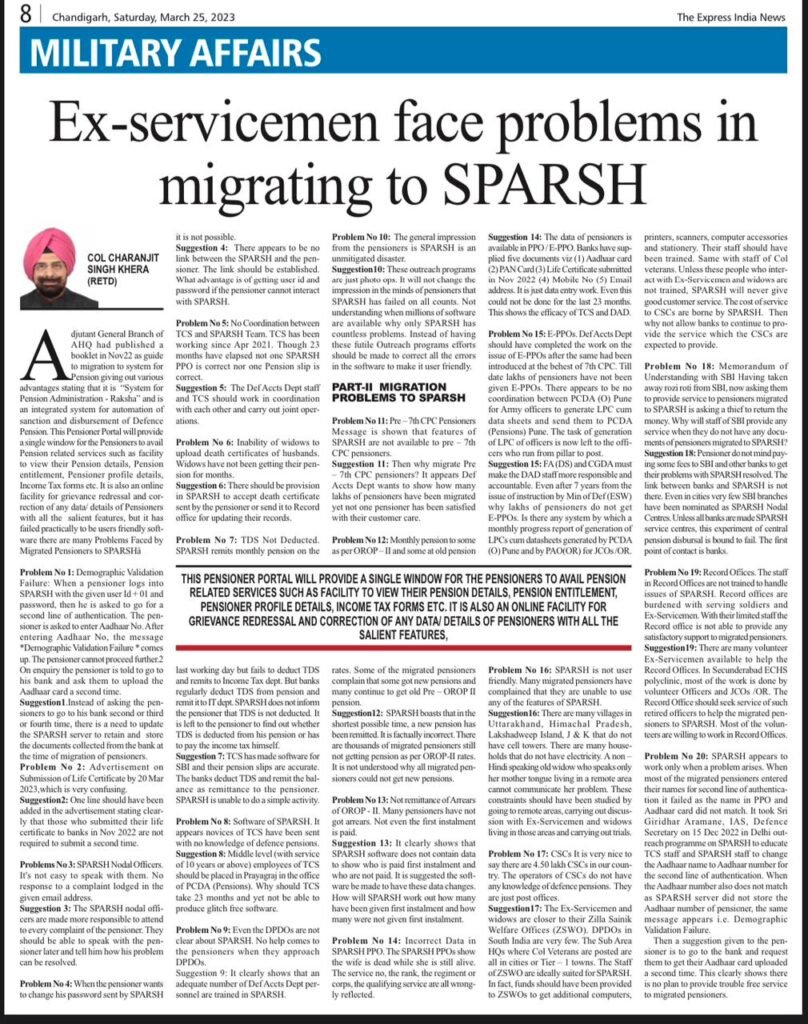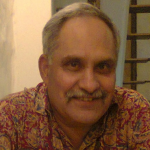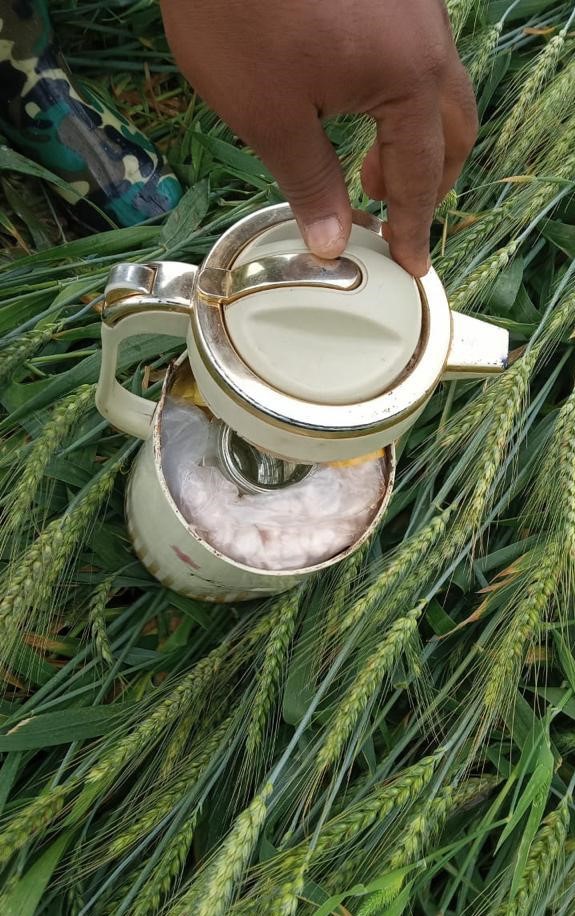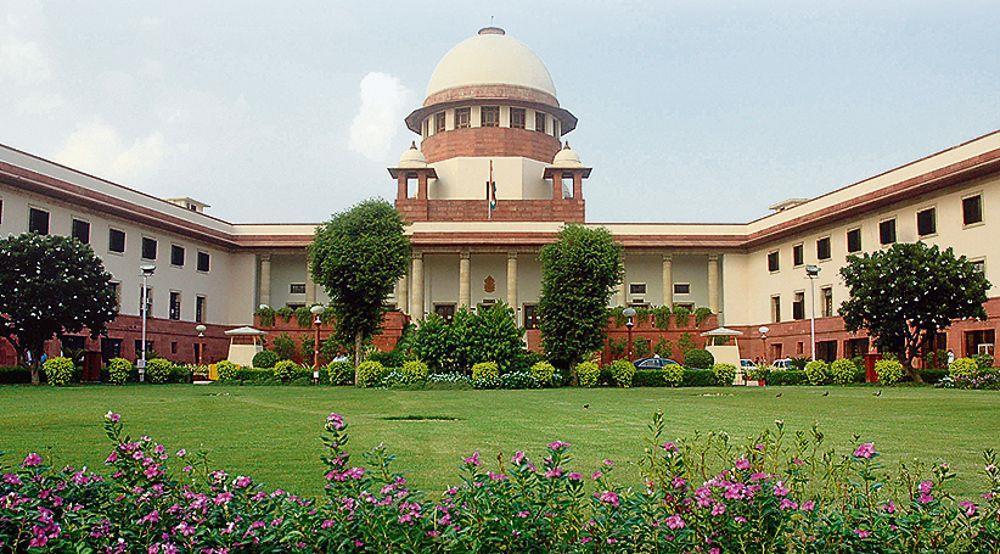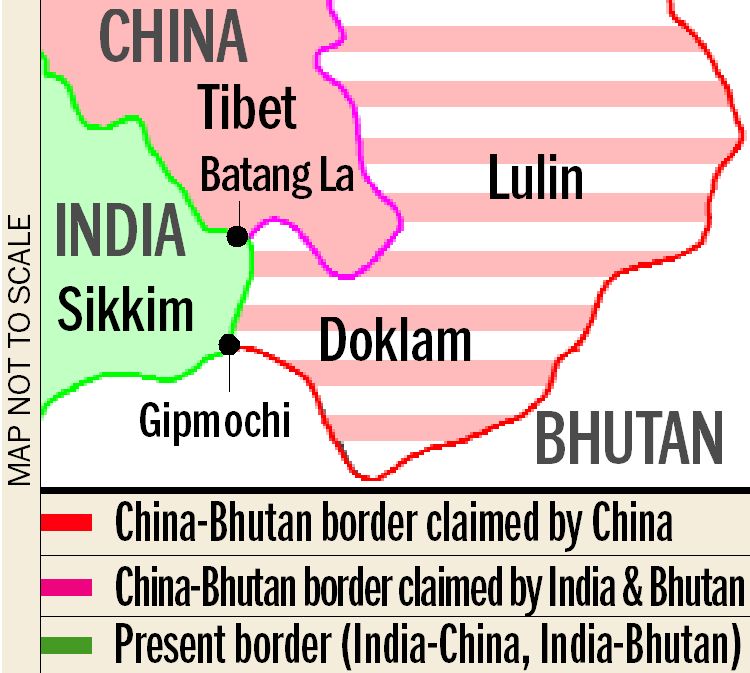
Ajay Banerjee
New Delhi, March 28
Adding a fresh twist to the India-China disputes along the Line of Actual Control (LAC), Bhutan has said it was open to a three-way resolution involving the three countries to end the stand-off at the strategically vital Doklam plateau.
Cosying up to Beijing
- A Bhutanese delegation visited China in February this year to discuss border disputes
- Bhutan is now awaiting the arrival of a Chinese technical team
- After a meeting or two, the two sides will probably be able to draw a line, says Bhutan PM
What India fears
- If Bhutan cedes Doklam, China will get ensconced on the strategically important plateau
- It will allow China a clear view of the sensitive Siliguri corridor
- It’s crucial link between mainland India, north-eastern states
- China will also be going back on a 2012 commitment to maintaining status quo at tri-junctions
Bhutan also said it was ready to “draw out a line demarcating its boundary” with China with regards to the border disputes other than Doklam. Asked if China was intruding into his territory, Bhutanese Prime Minister Lotay Tshering, in an interview with Belgian Daily ‘La Libre’, said, “Doklam is a tri-junction between India, China and Bhutan. It is not up to Bhutan alone to solve the problem. We are three equal countries. There is no big or small country.” He said Bhutan was ready to discuss the issue as soon as the two other parties agreed. “India and China have problems all along their border. We are waiting to see how they resolve their differences,” he said.
The statement contradicts Bhutan’s stance elucidated in 2019 when Tshering said the “existing tri-junction point should not be disturbed unilaterally”. About the Bhutan-China talks (on since 1984) on demarcating the border, the PM said, “We do not encounter major border problems with China, but certain territories are not yet demarcated. We still have to discuss it and draw a line. We have come to understand each other. Last month, a Bhutanese delegation visited China and we are now awaiting the arrival of a Chinese technical team in Bhutan.”
After a meeting or two, he said, the two sides would probably be able to draw a line. He went on to dismiss media reports about Chinese installations in Bhutan. “We don’t make a deal of it because it’s not in Bhutan. This is an international border and we know exactly what belongs to us,” he said. Besides Doklam, Bhutan and China have disputes in Jakarlung and Pasamlung Valleys in the northern boundary of Bhutan. Doklam (western front) is around 270 square km while the northern boundary dispute areas measure nearly 500 square km.
For India, it remains to be seen if Bhutan cedes Doklam and retains the areas to its north. This would mean China getting ensconced on the Doklam plateau, which will allow it a clear view of the sensitive Siliguri corridor, the narrow tract of land connecting mainland India with the north-eastern states. For India, it means China going back on a commitment made in 2012 to maintain status quo at border tri-junctions such as Doklam. As per international maps, the tri-junction of Doklam at Batang La was never demarcated. The 1890 Sikkim-Tibet boundary treaty says Mount Gipmochi (14,300 feet high) shall be the point where Tibet and Sikkim territories converge. In 1904, the British captured Tibet and in a 1906 treaty, they handed over the Chumbi valley to Tibet. The Chumbi valley ends in the north of Doklam plateau at Batang La.












